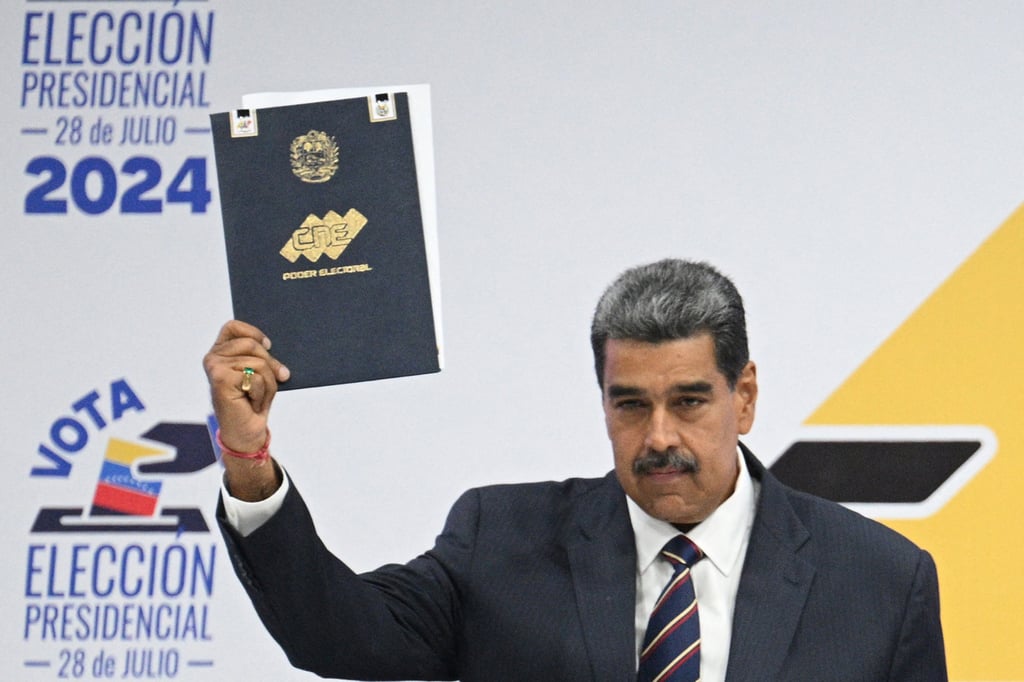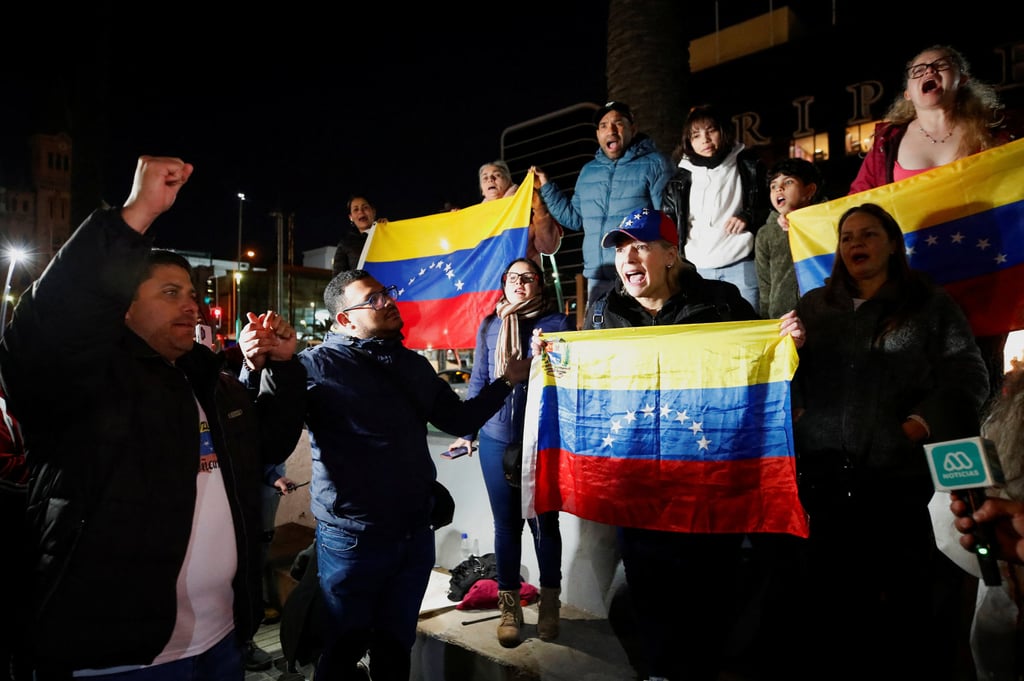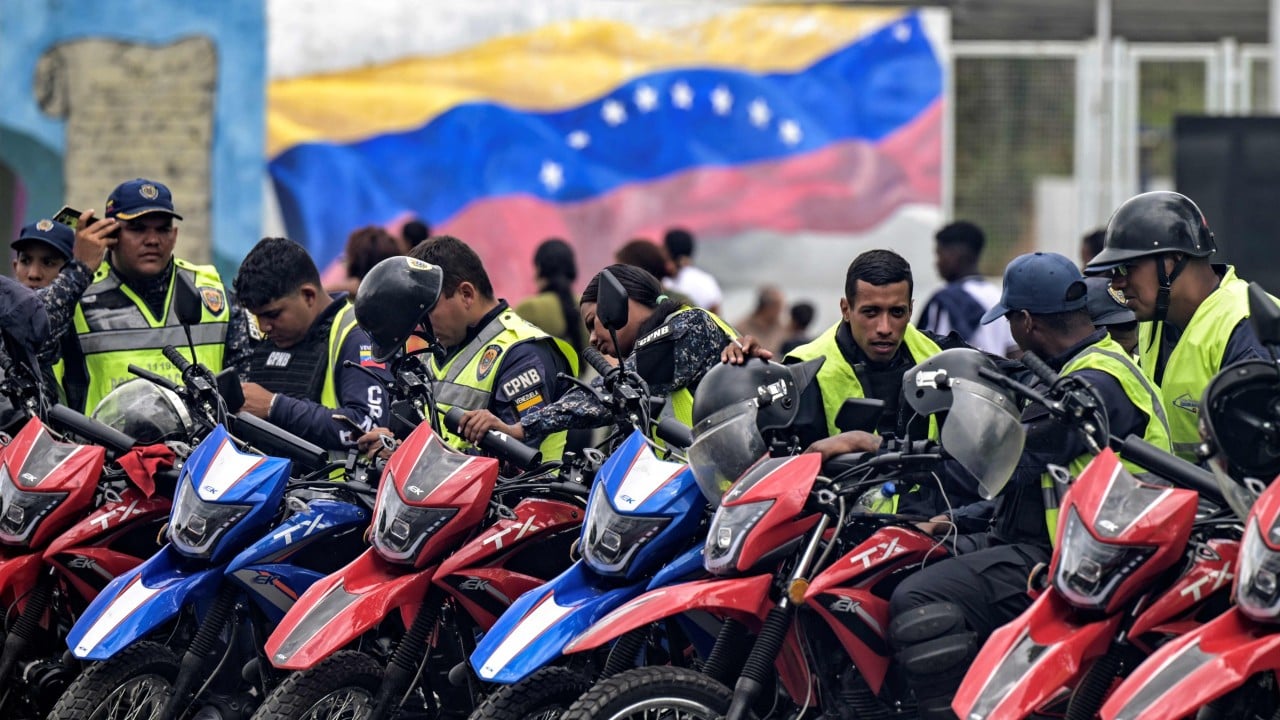Venezuelan security forces are targeting those who they say committed violent crimes during recent protests over the disputed election, in an operation informally called “knock-knock” that advocacy groups say has left protesters fearful.
Three advocacy groups told Reuters security forces are working intensely to capture protesters, including minors, who they said are not being provided with lawyers and who have in some cases been charged with terrorism.
President Nicolas Maduro and other officials have touted “knock-knock” as a means of targeting those behind violence at the protests, who they have described as “fascist criminals”.
“Operation knock-knock is the name given by certain government spokespeople, informally, to the escalating repression,” said Gonzalo Himiob, vice-president of legal advocacy group Foro Penal.
“It’s called knock-knock because that’s the bang on the door you get in the early hours of the morning,” he said.

Venezuela’s electoral authority, who the opposition says favours the ruling socialists, has proclaimed Maduro the winner in the July 28 vote, saying he was reelected with around 51 per cent of the vote, beating opposition candidate Edmundo Gonzalez.
The opposition says its own detailed tally shows Gonzalez probably received 67 per cent of the vote, winning by a margin of nearly 4 million votes, and earning more than double Maduro’s support, a result in line with independent exit polls.
That triggered angry protests from Venezuelans across the country over the last week, demanding that Maduro step down and a Gonzalez win be honoured. Smaller protests have backed Maduro.
The United States and a number of other countries in the Americas have backed Gonzalez as the election’s winner, while others, including European Union nations such as France and Spain, have called for the prompt publishing of electoral rolls.
Russia, China, and some others have backed Maduro’s claim to victory.
Maduro told supporters on Saturday that some 2,000 people had been arrested during the protests. US-based Human Rights Watch has reported at least 20 people have been killed.
Foro Penal said on Monday that it has confirmed 1,010 arrests.
In a joint letter signed on Monday, Gonzalez and popular opposition leader Maria Corina Machado wrote: “We are appealing to the conscience of the military and the police and asking them to stand at the side of the people and of their own families.”

But the military has long been loyal to Maduro.
“I’m willing to do anything and I am counting on you to ensure order prevails,” Maduro told them in a broadcast on state television on Sunday.
Venezuela’s government is taking a hardline approach, moving quickly, to make sure it holds on to power, advocacy groups said.
“Staying in power means neutralising and crushing social discontent,” said Oscar Murillo, coordinator for local rights group Provea.
The attorney general’s office has denied those arrested were protesters, instead labelling them as violent criminals behind acts of vandalism, including tearing down statues of late president Hugo Chavez, Maduro’s mentor.
Two members of the military have been killed, according to Venezuelan authorities.


